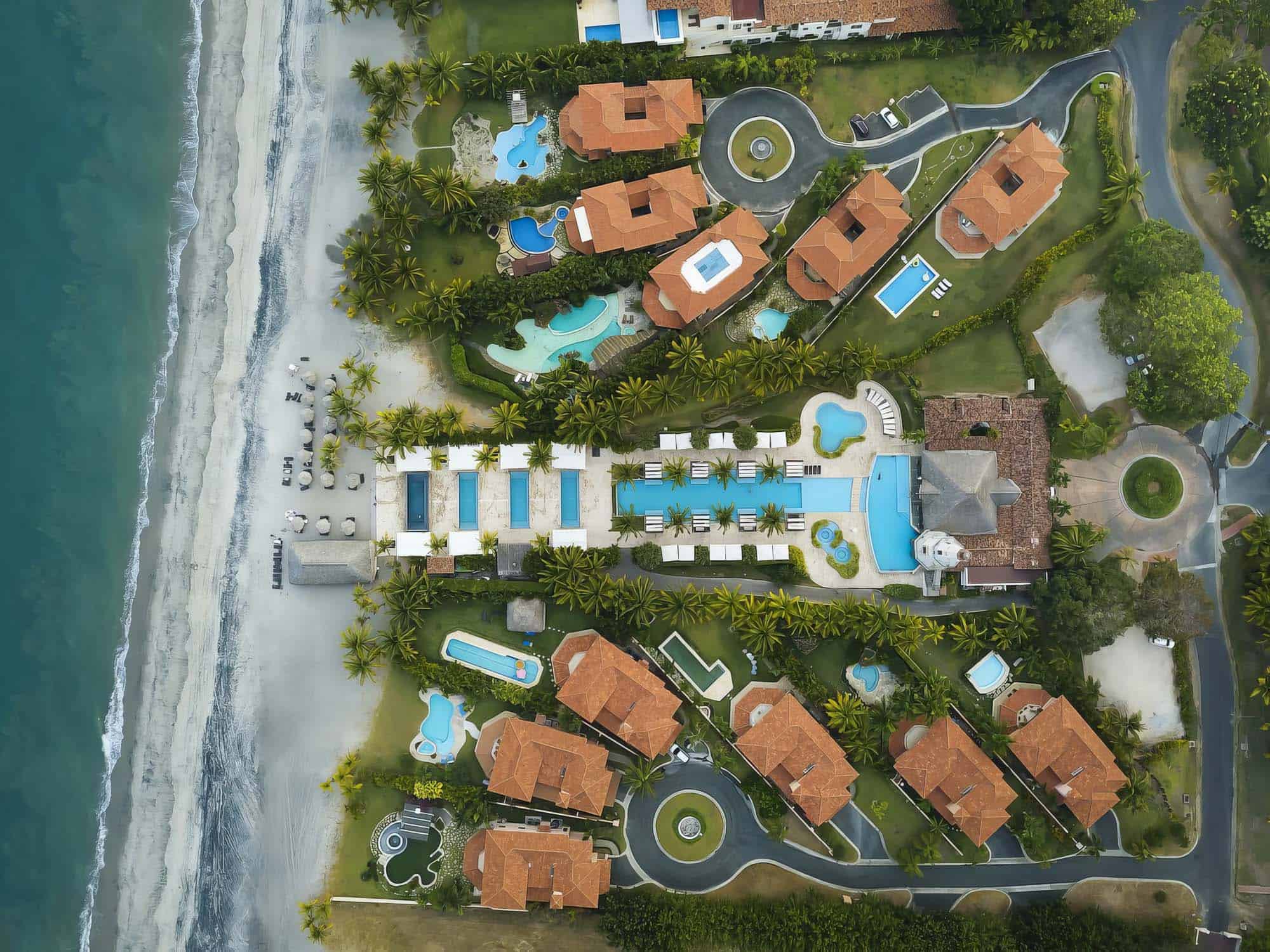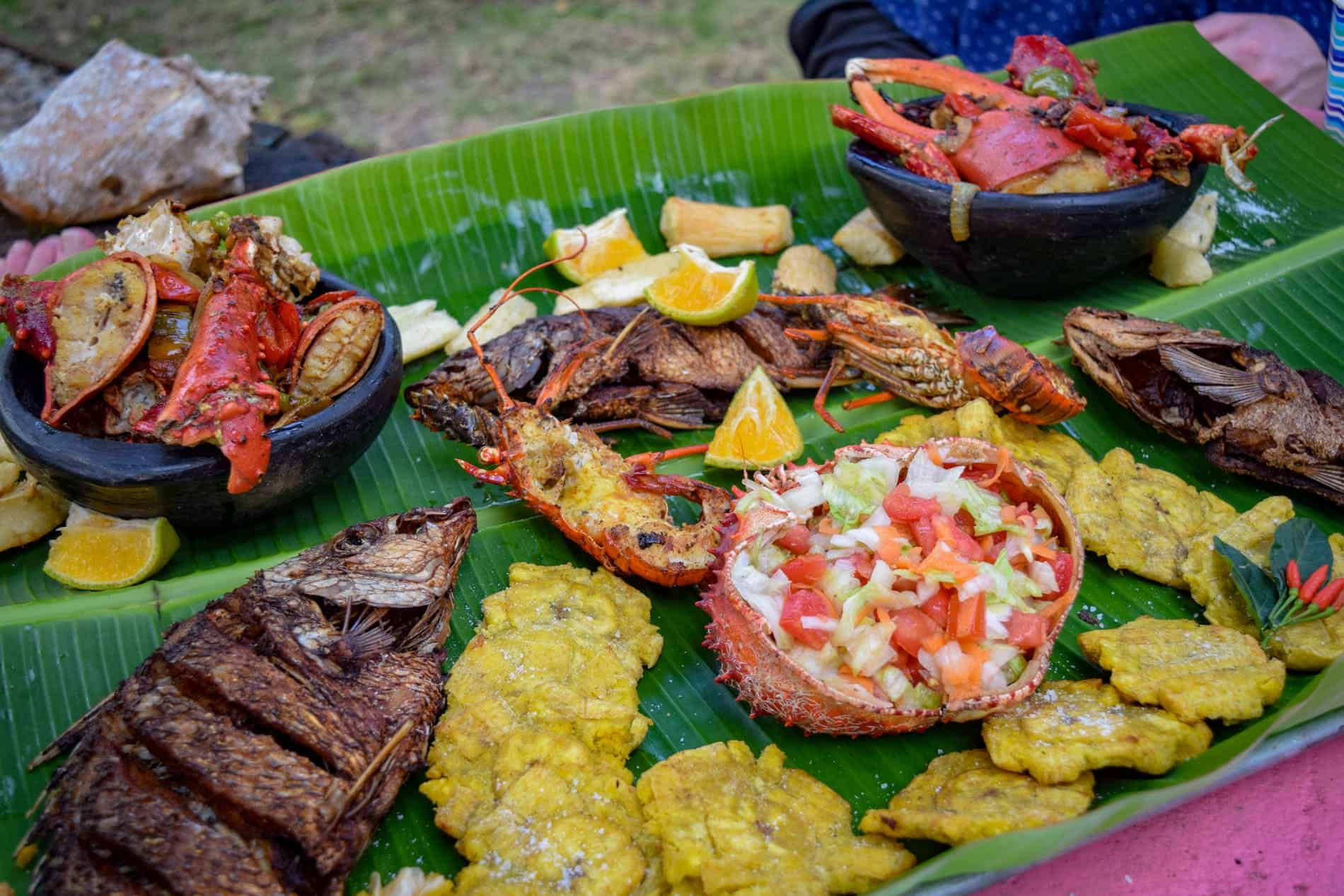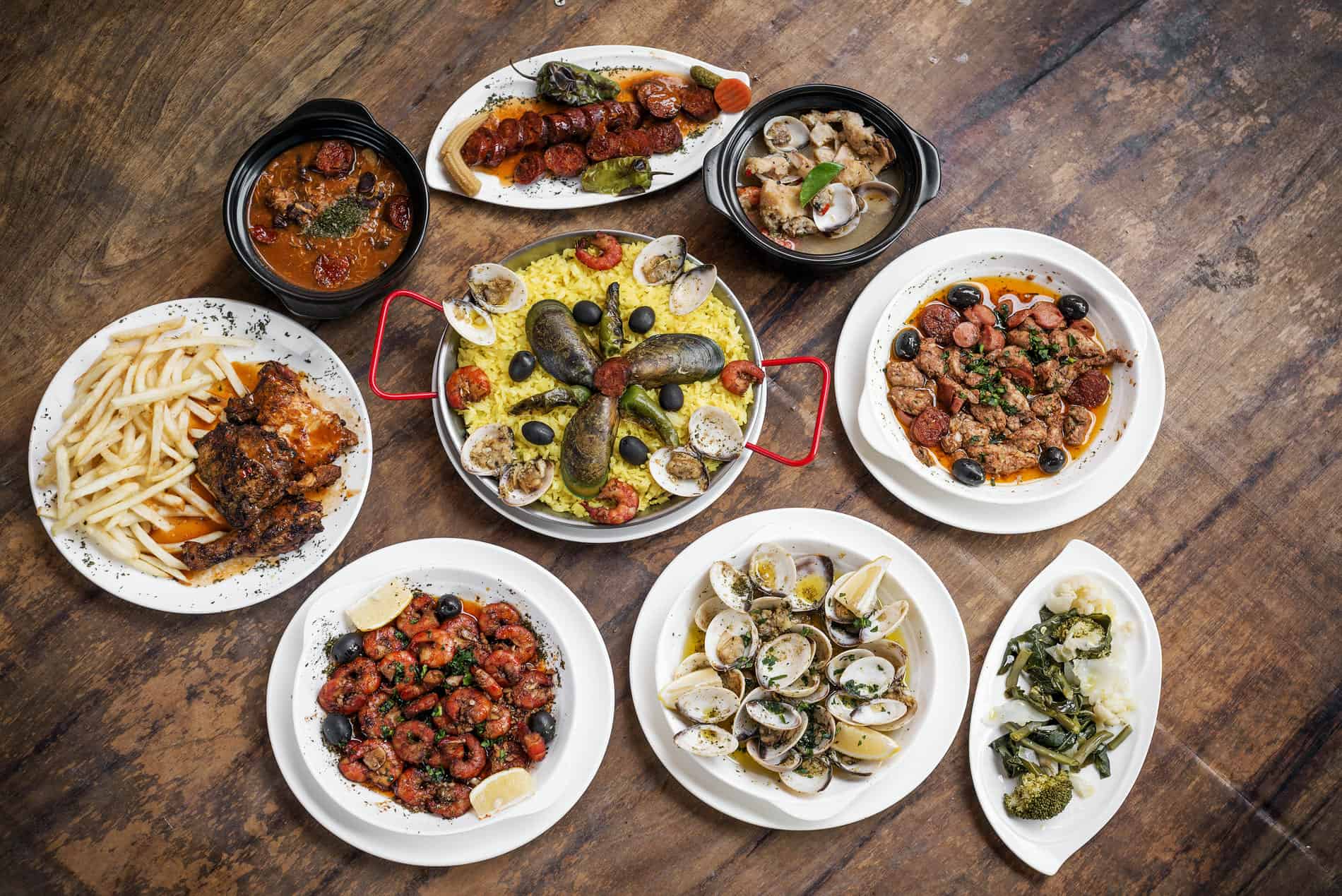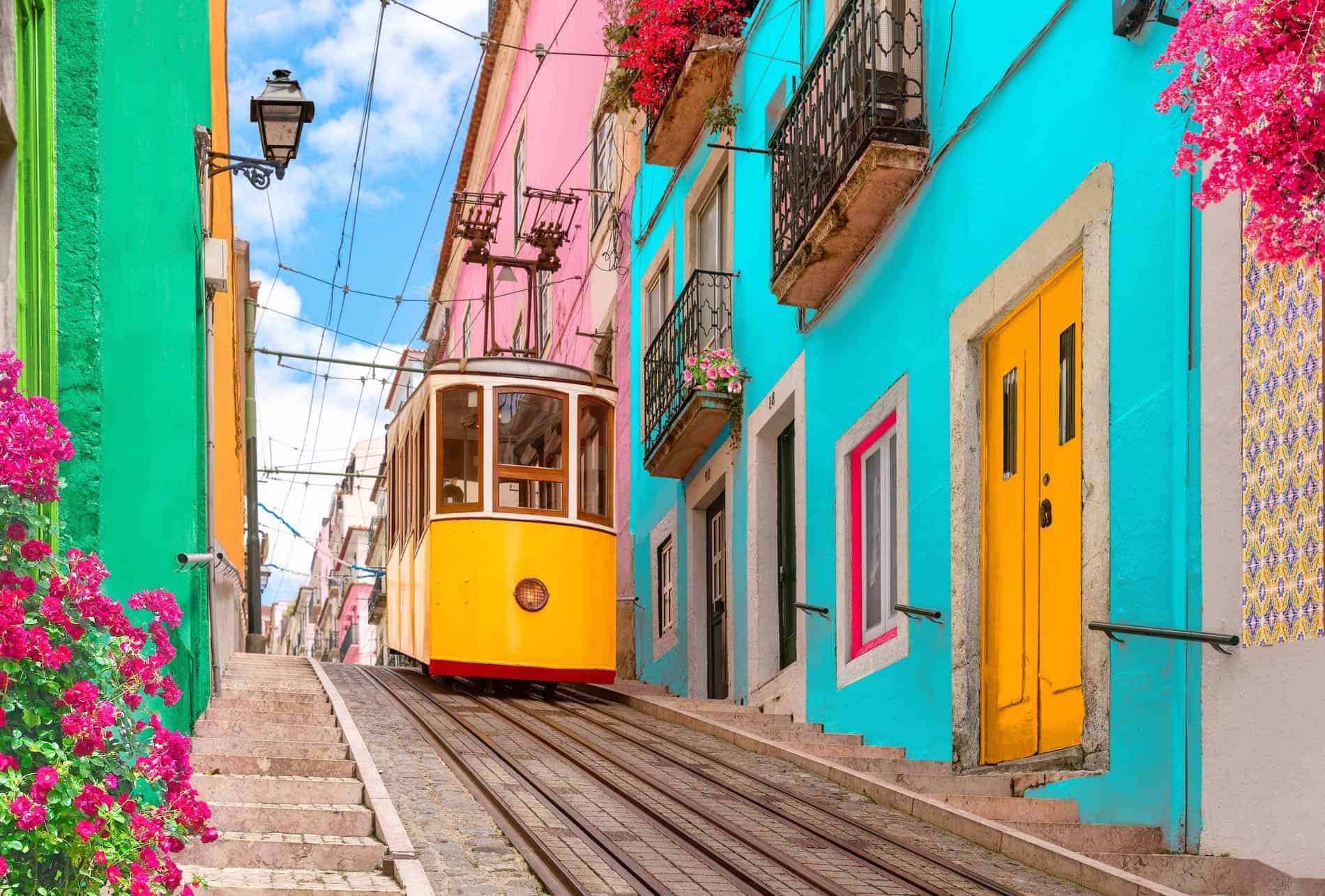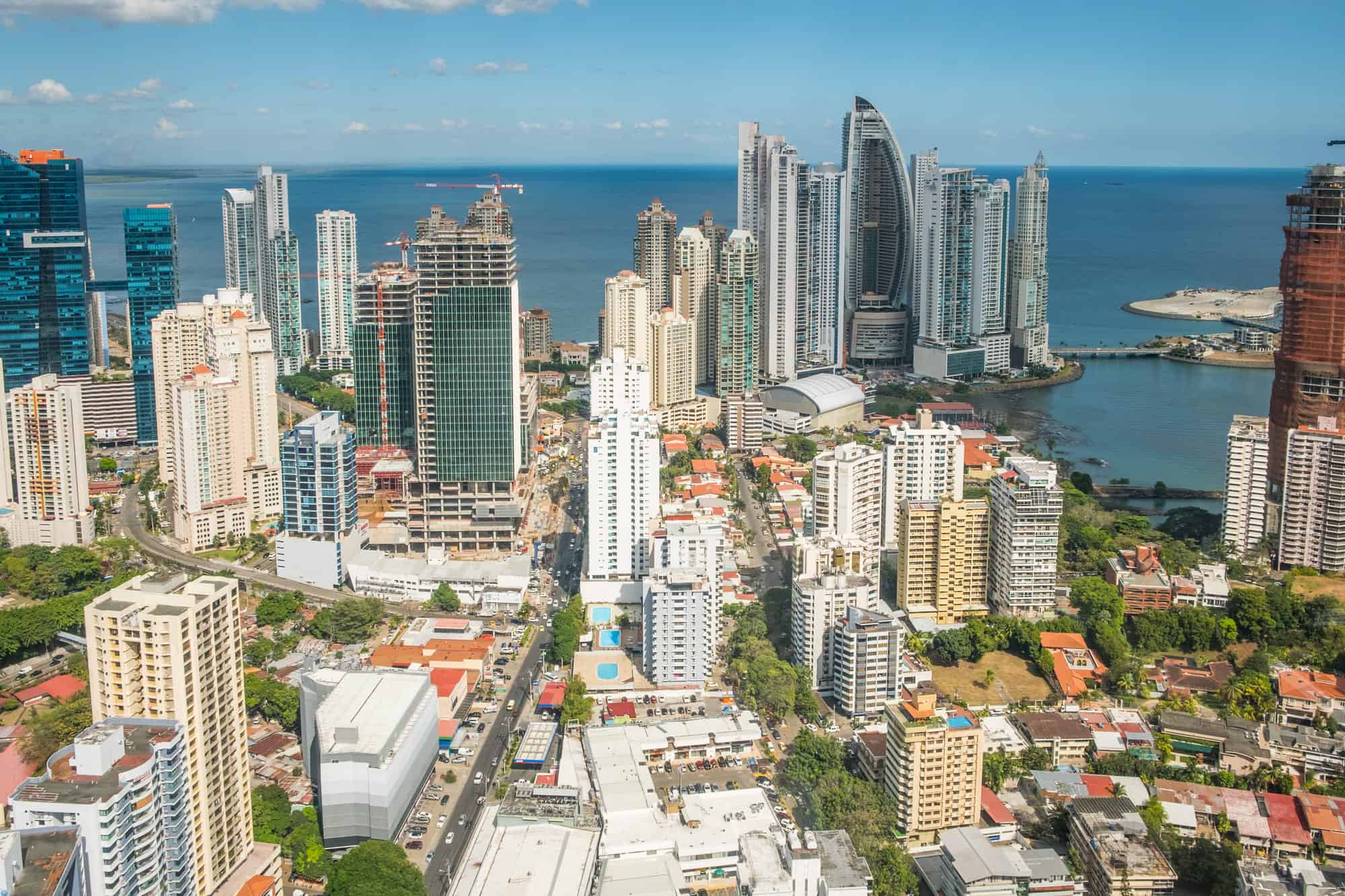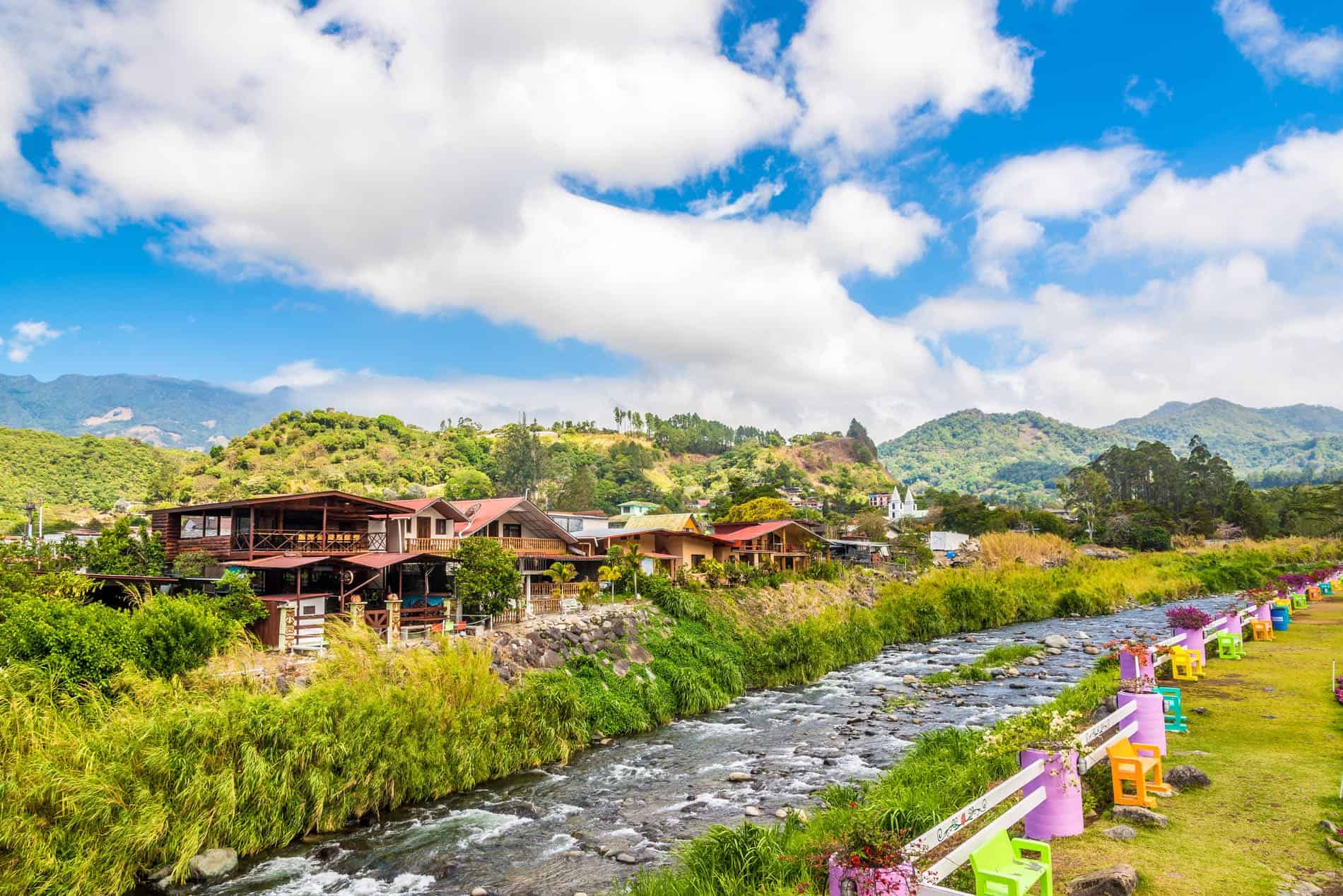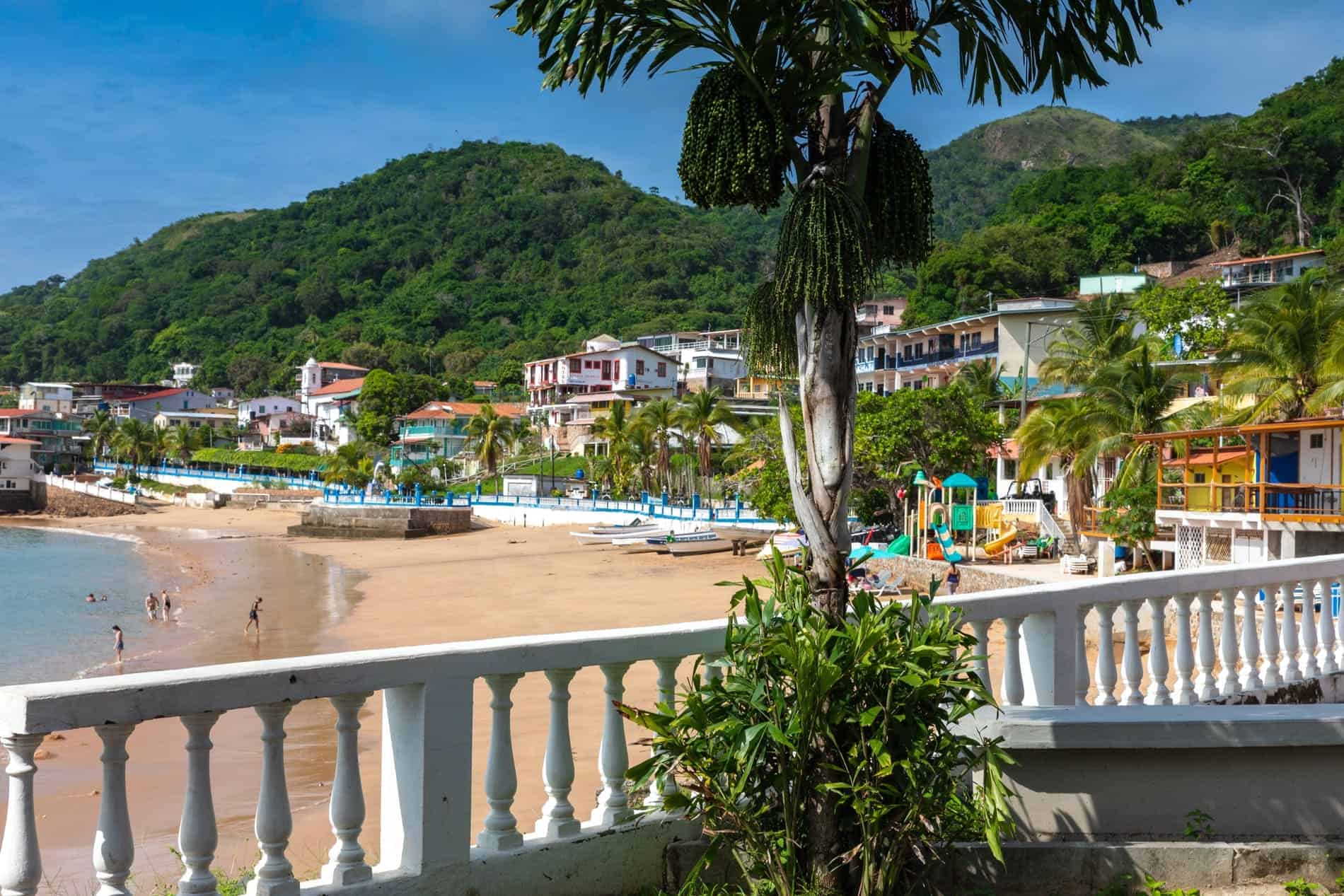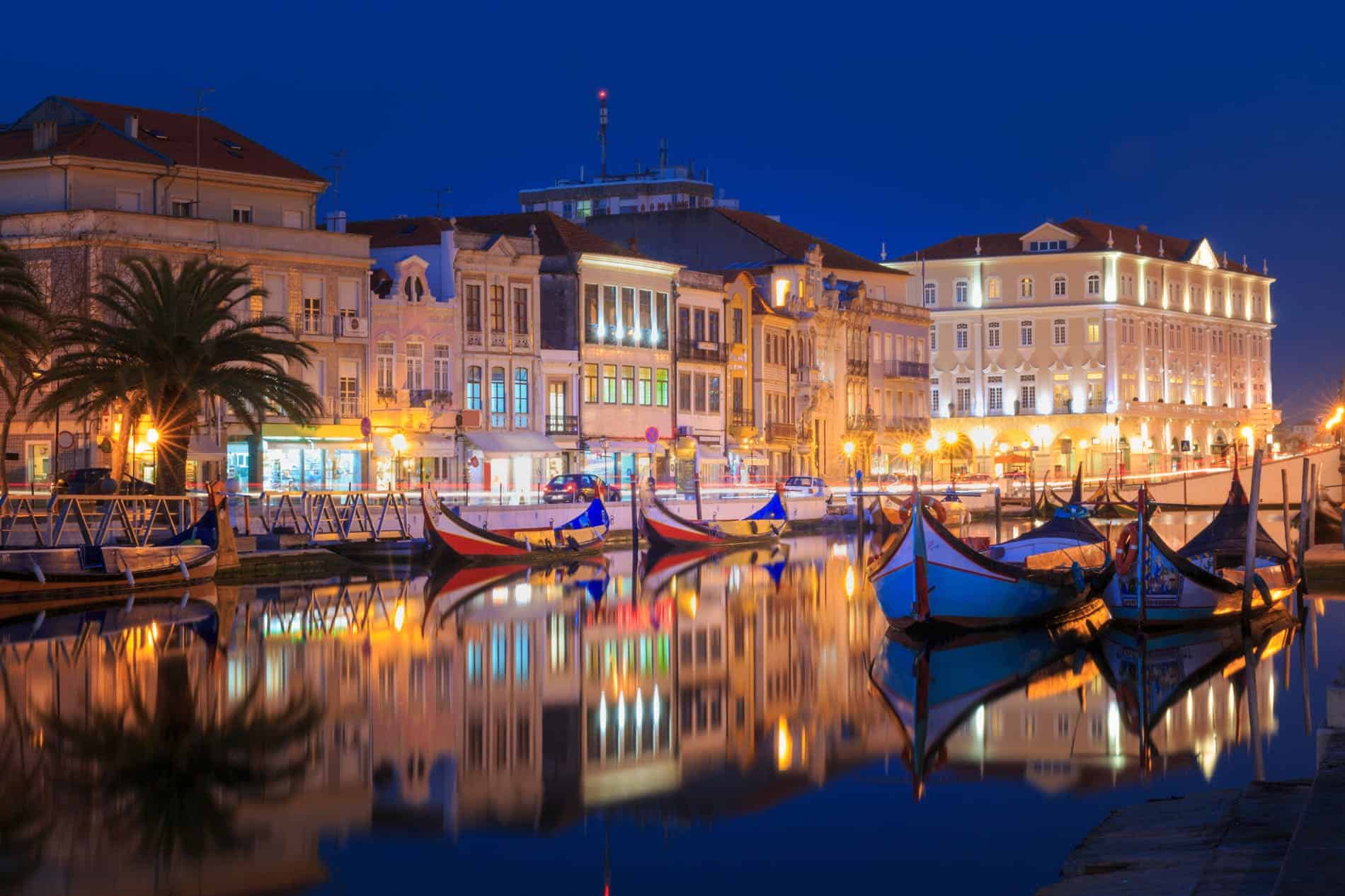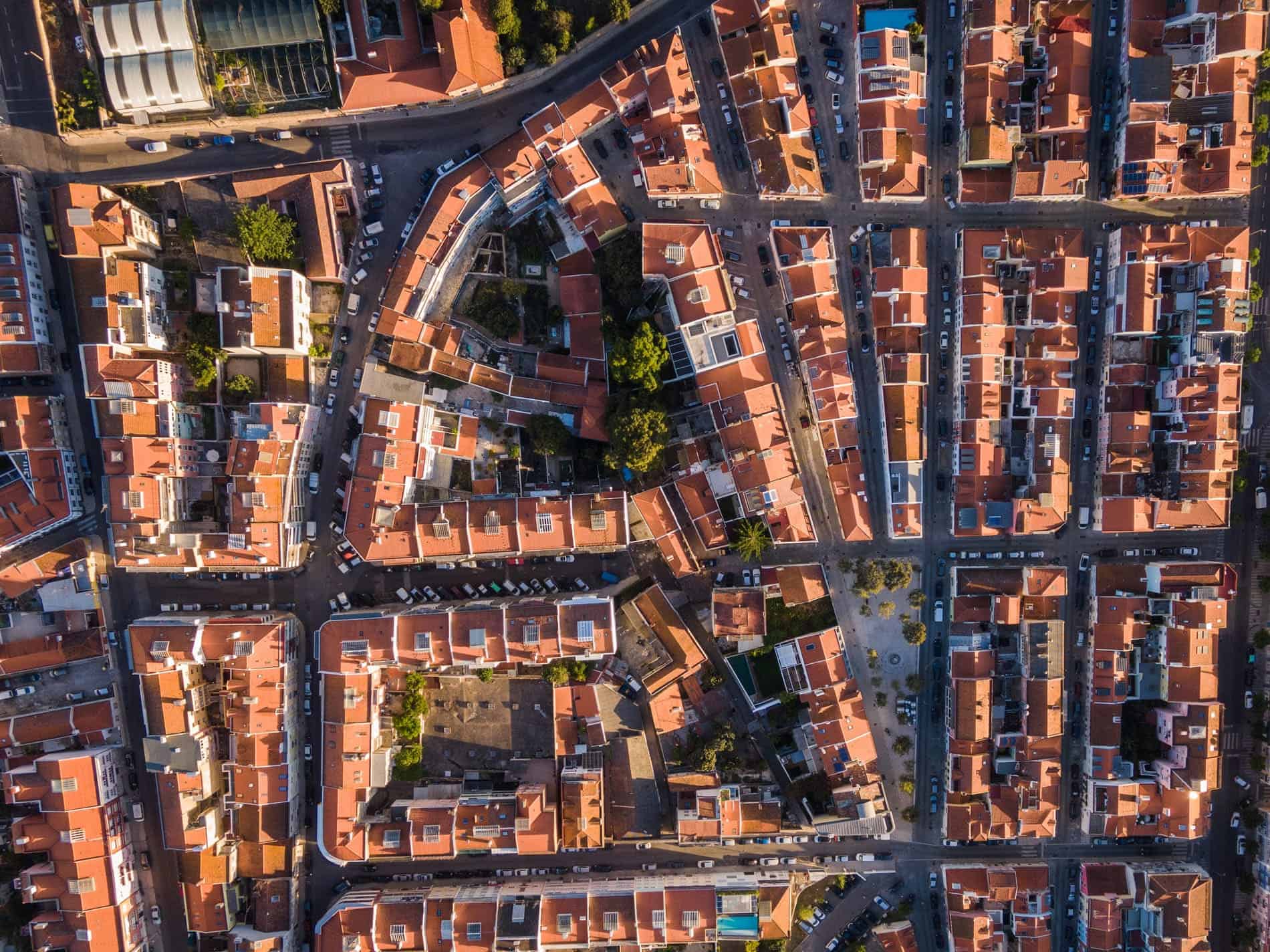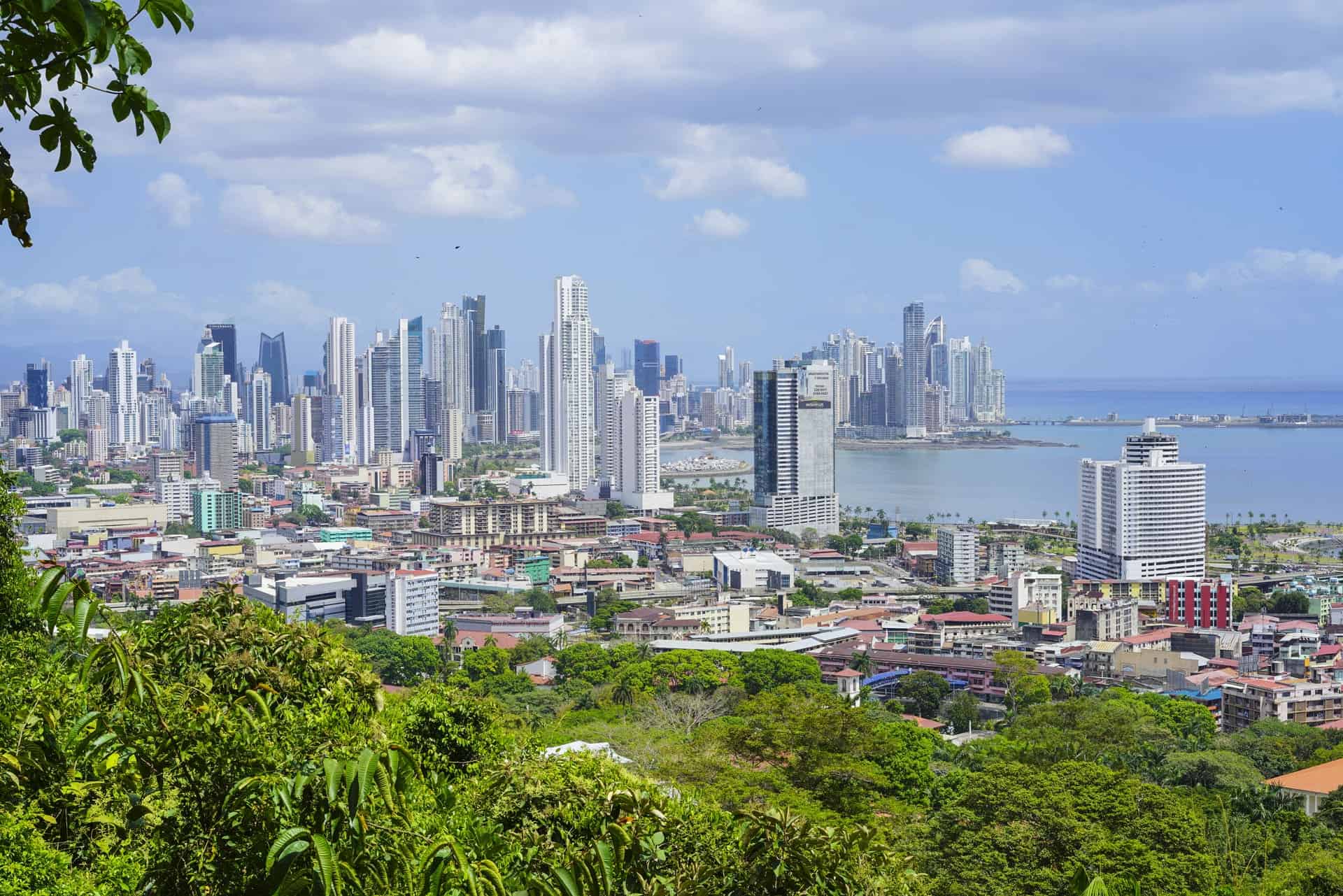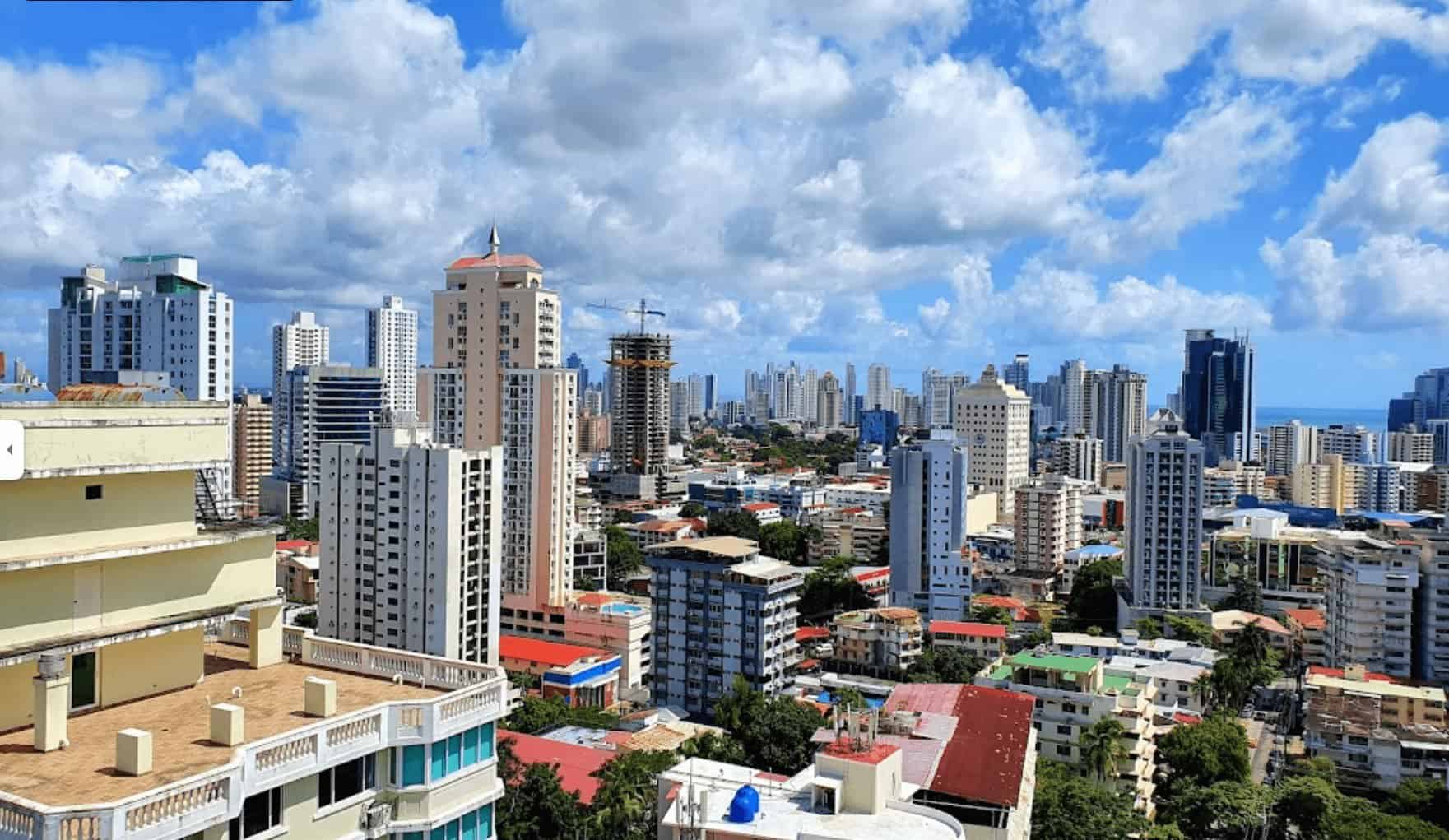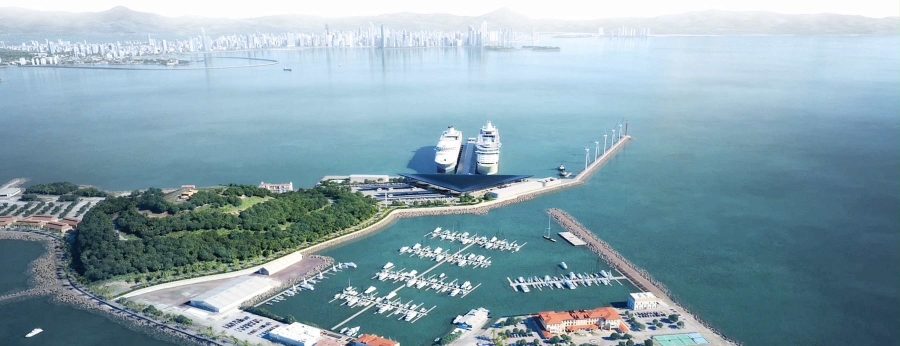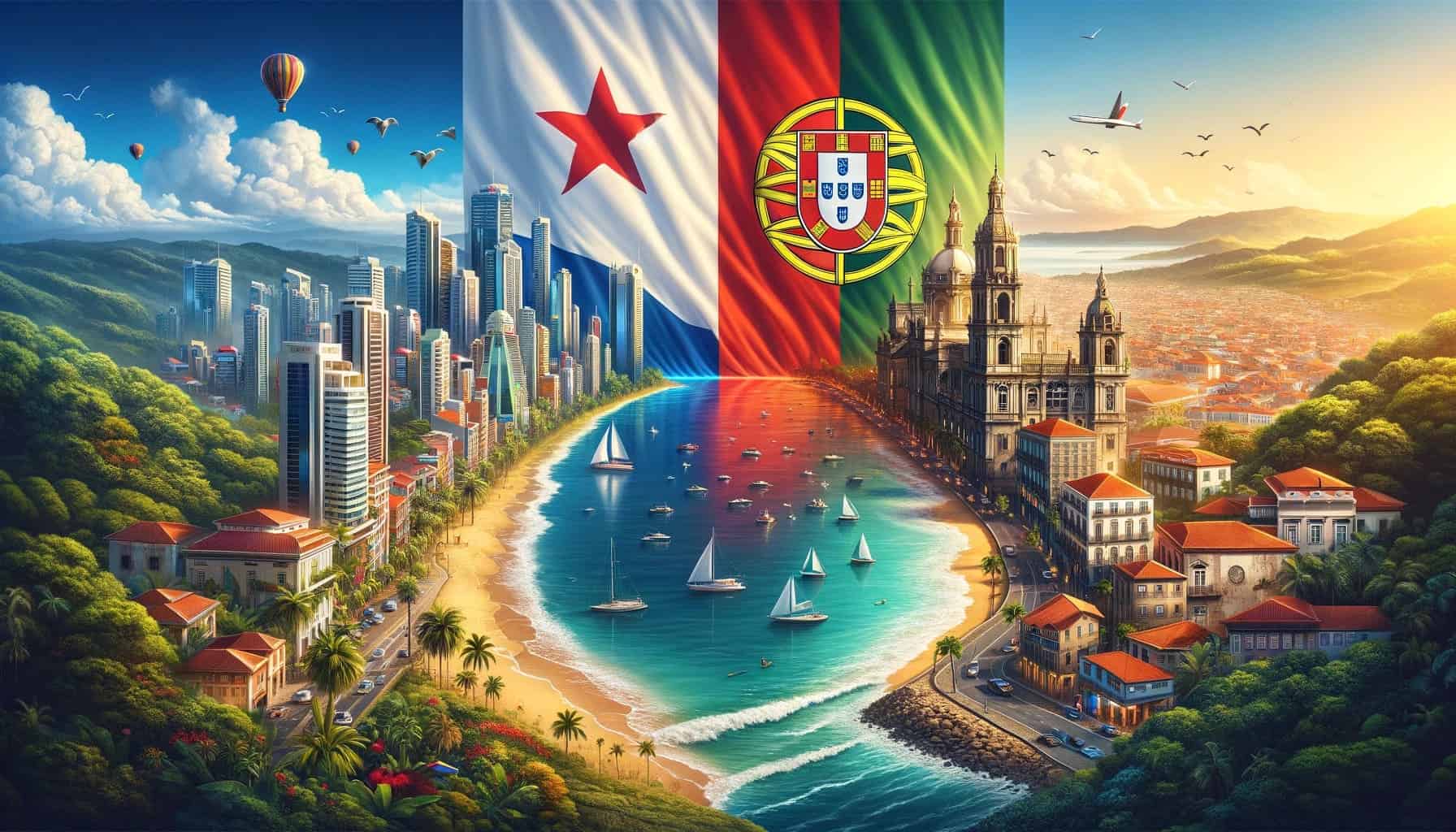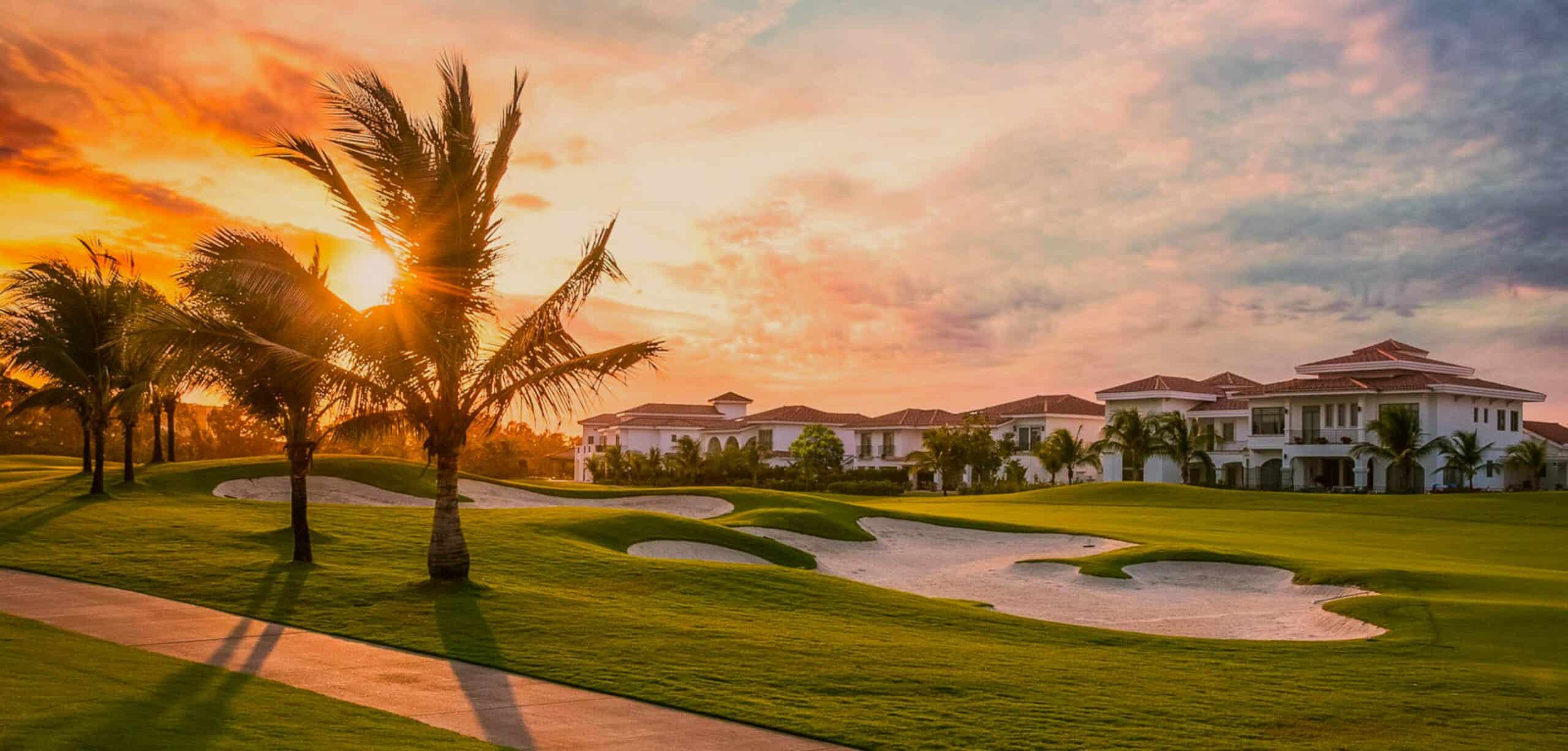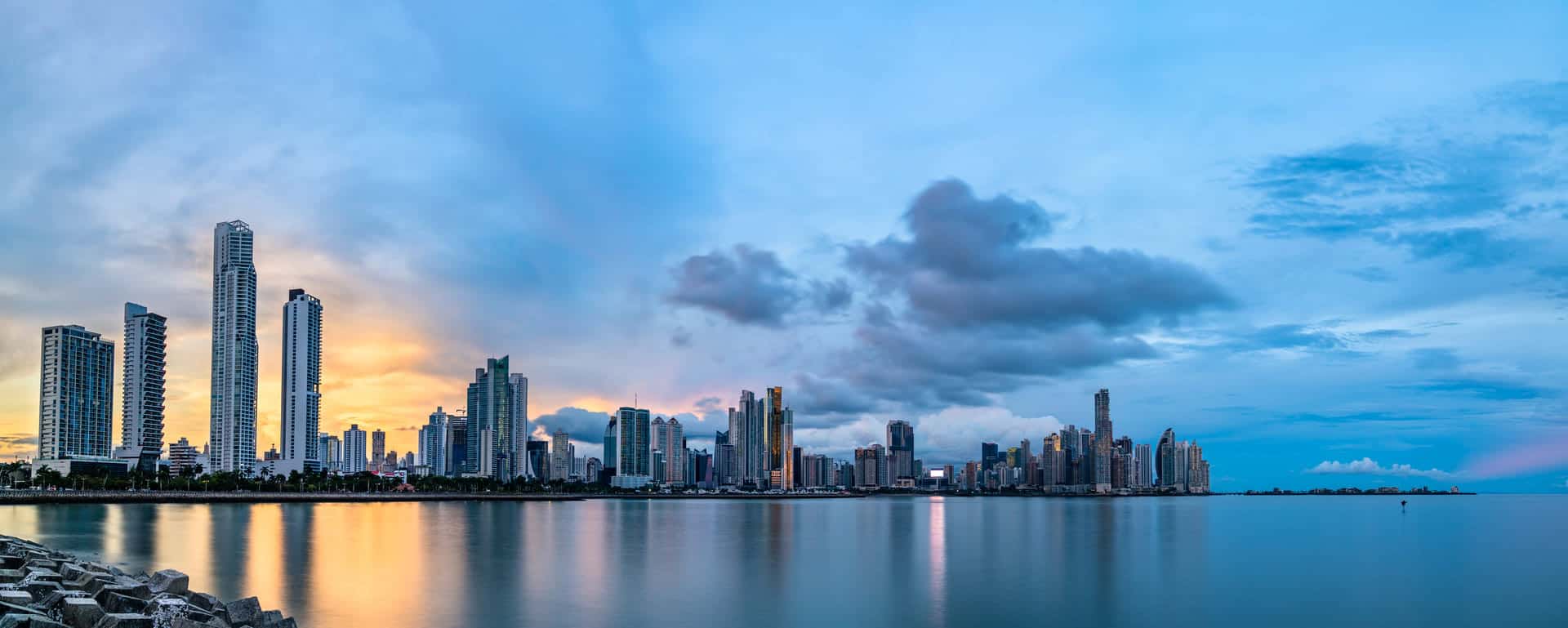Deciding where to plant the roots of expat life is a big deal, and two countries that often pop up on the radar are Panama and Portugal. This journey of comparing destinations is like picking the right flavor of ice cream – each has its unique taste. Today, we’re unraveling the tale of Panama and Portugal, understanding what brings them on the map for expats, and exploring the factors that play a key role in deciding where to call home.
Choosing where to live as an expat can be a difficult decision – it needs to fit just right. The choice affects everything from daily routines to overall happiness. It’s not just about maps and flags, it’s about the lifestyle, the vibe, and the adventures waiting to unfold. So, when it comes to Panama versus Portugal for expats, every detail matters, and the decision-making journey becomes a crucial chapter in the expat journey.
- Overview of Geography and Culture
- Living Costs in Panama vs. Portugal
- Healthcare System Comparison of Panama vs. Portugal
- Choosing the Right Real Estate Path – Panama vs. Portugal
- Navigating Residency and Citizenship: Panama vs. Portugal
- Staying Safe and Secure: Panama and Portugal Comparison
- Retirement Options: Exploring Panama and Portugal
- Pros and Cons Summary
- Conclusion
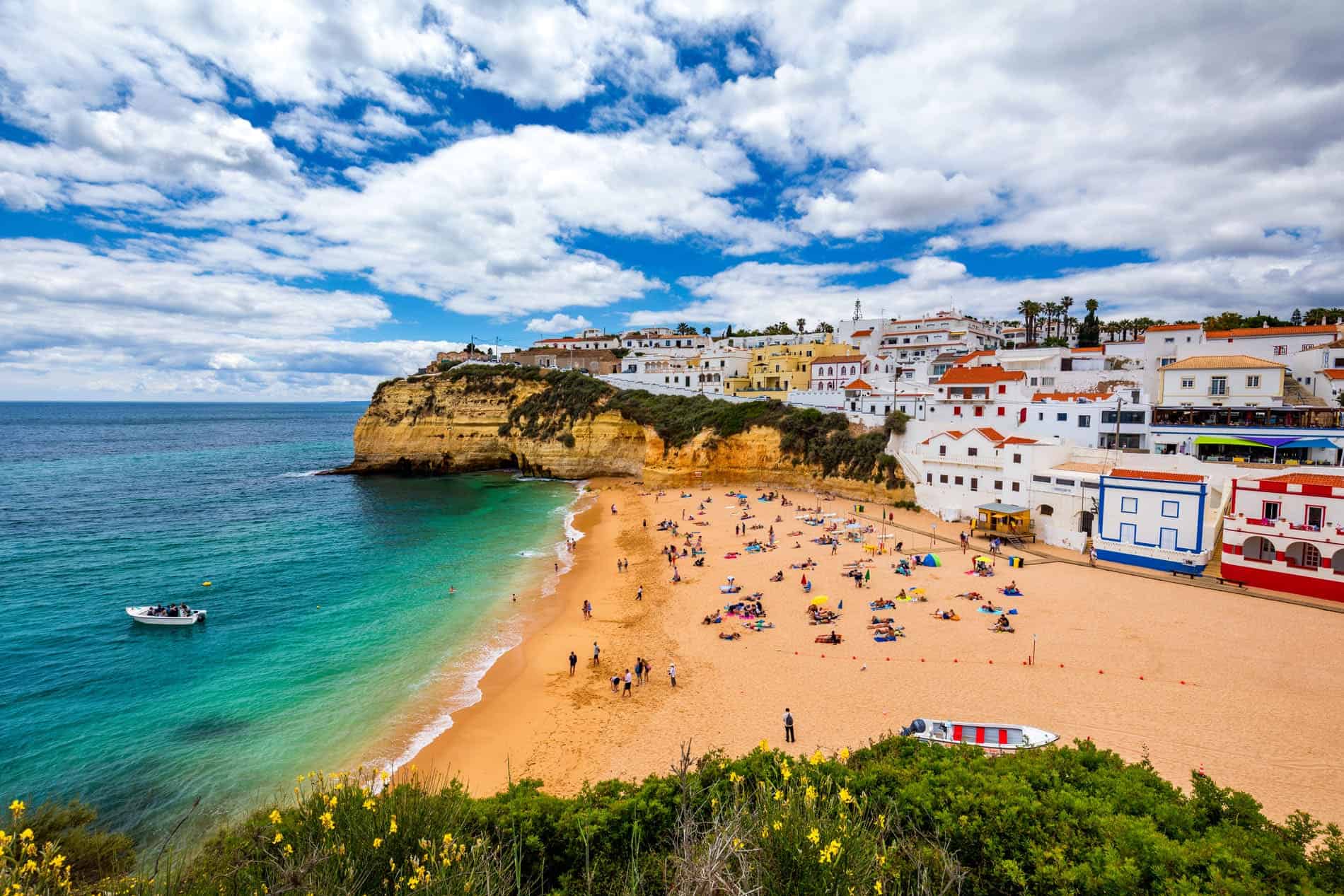
Overview of Geography and Culture
Discovering Panama
Panama is a small but remarkable country located in Central America. It’s like a narrow bridge, only about 75 kilometers wide at its smallest part, connecting South America to Central America. Even though with 4.5 million inhabitants it’s not a large country, Panama plays a very important role in worldwide trade. This is mainly because of the Panama Canal, an incredible piece of engineering that allows ships to travel between the Atlantic and Pacific Oceans. This canal is a big reason why Panama is so important in global business and transportation.
The nation’s population, predominantly known as Panamanians, is a vibrant mosaic of ethnicities, including those with European, African, and Indigenous American heritages. This cultural plurality has given birth to a rich tradition of folklore, music, and, notably, a delectable cuisine. Panamanian dishes offer an exquisite blend of Native American staples, Caribbean zest, and influences from Latin American and American cuisines, creating a culinary experience that mirrors the country’s multicultural heritage.
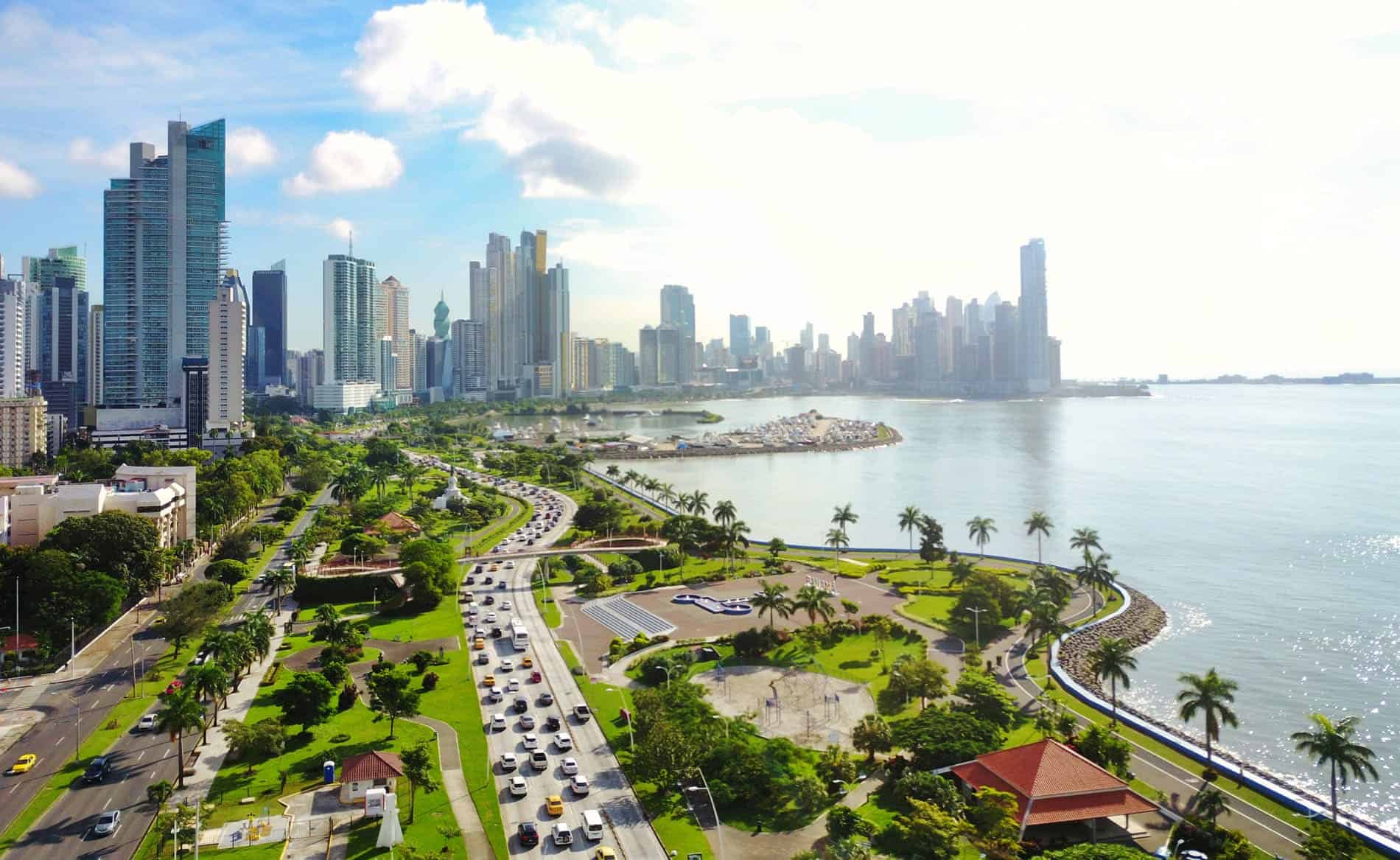
Panama’s history is equally compelling. Originally inhabited by various Indigenous groups, it became a part of the Spanish Empire in the 16th century. This colonial period left an indelible mark on the country’s cultural and architectural landscape, evident in its charming old quarters and historic sites. In the early 20th century, Panama emerged as a nation in its own right, with the creation of the Panama Canal playing a pivotal role in its development.
Panama’s biodiversity is another of its treasures. The country boasts a range of ecosystems, from tropical rainforests to mountain ranges, hosting an astonishing variety of flora and fauna. This natural wealth makes Panama a haven for ecotourism and nature enthusiasts from around the globe.
Discovering Portugal
Renowned for its stunning coastline, Portugal boasts an array of exquisite beaches that are a haven for sun-seekers and surfers alike. Beyond its shores, the country unfolds into a picturesque landscape of rolling hills, verdant forests, and tranquil farmlands, punctuated by historic castles and churches that testify to its rich heritage. Portugals capital, Lisbon, is a mosaic of cultural and architectural splendor, embodying the nation’s storied past and dynamic present.
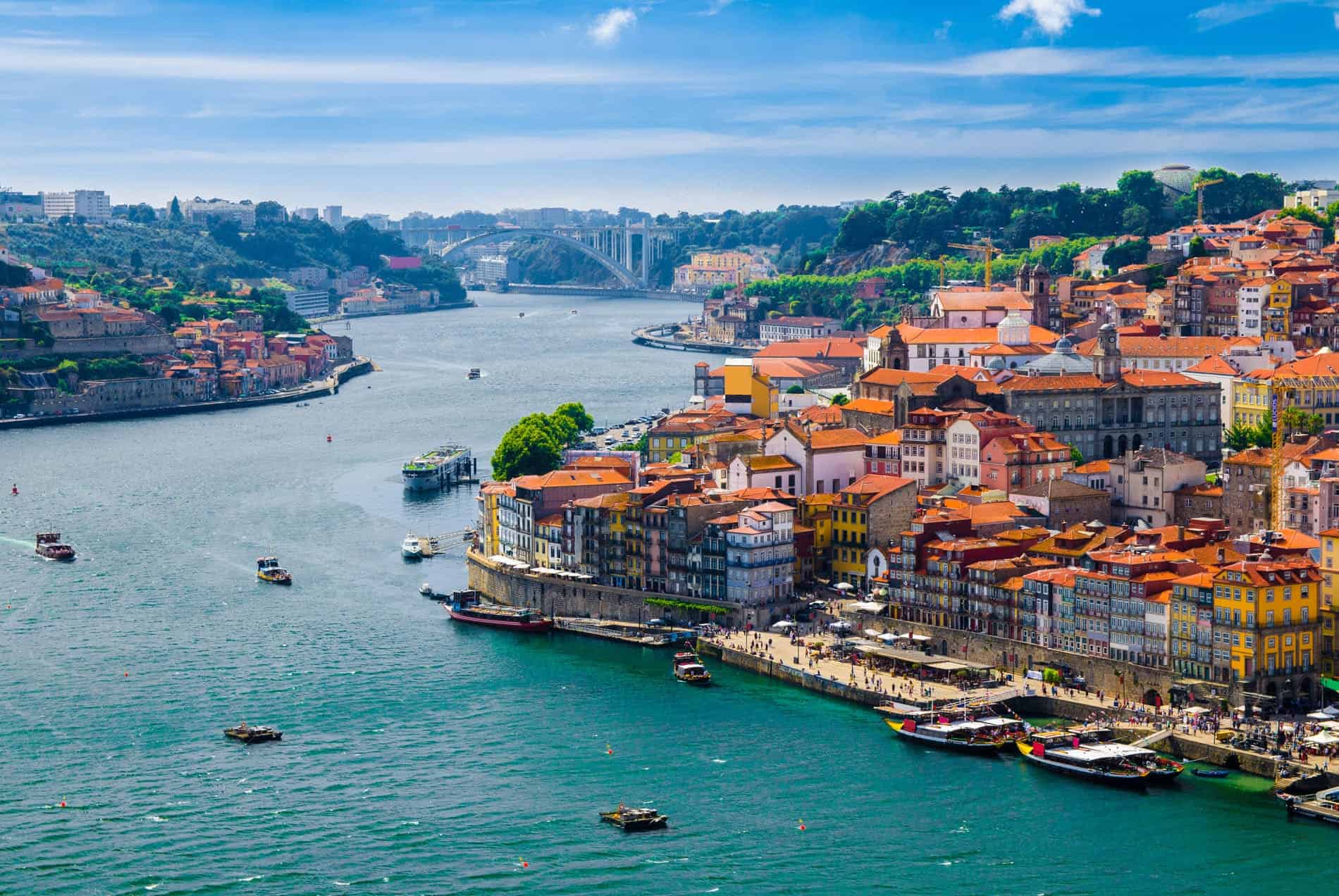
Culturally, Portugal is a melting pot, having absorbed influences from various civilizations like the Celts, Phoenicians, and Moors. These diverse legacies have enriched its artistic and architectural heritage, evident in its music, literature, and iconic structures. In recent years, Portuguese cities, notably Lisbon and Porto, have gained the status of European Capitals of Culture, showcasing the nation’s flourishing arts scene.
Portuguese, a language with a global footprint, is the lingua franca of Portugal. The country’s social calendar is dotted with vibrant festivals celebrating its gastronomic richness, featuring staples like bread, olive oil, garlic, cheese, and, notably, its world-renowned wines. Traditional music and dance enliven these events, echoing Portugal’s folkloric past.
Surprising Similarities: Panama and Portugal
Panama and Portugal are both great places, and they share a lot in common. They both have beautiful coastlines that attract travelers to their sandy beaches. In both countries, you can find a mix of old and new buildings, like the historic streets of Lisbon and the busy city of Panama City. And if you love seafood, both Portuguese and Panamanian cuisines have delicious dishes for you to enjoy, along with friendly people.
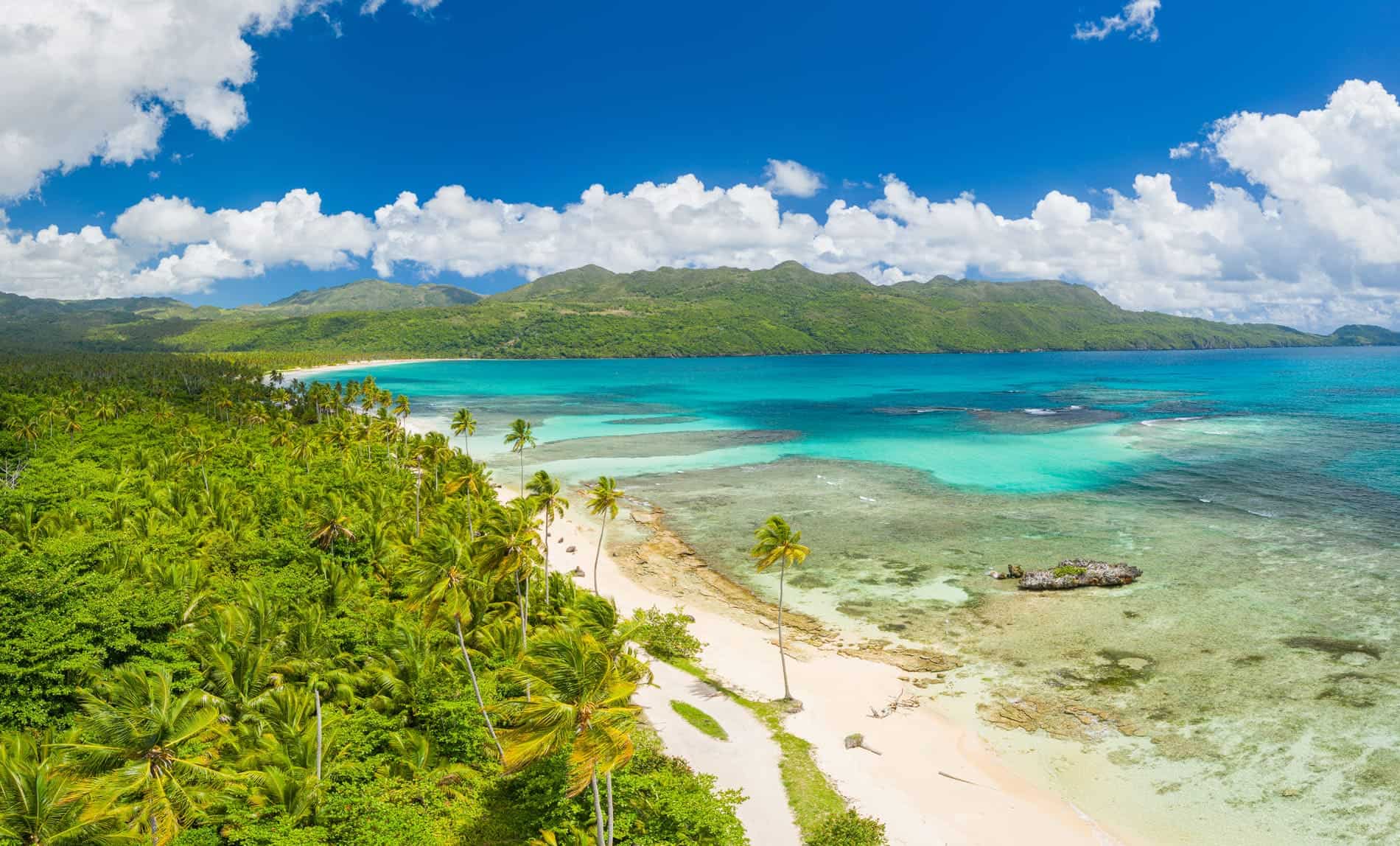
When you explore these countries, you’ll see amazing natural beauty, like the vineyards in Portugal’s Douro Valley and the lush rainforests in Panama. Even though they are far apart, these places have many similarities that make it hard to choose a favorite. But let’s talk about the main differences between them.
Living Costs in Panama vs. Portugal
The cost of living is important to think about when you’re moving to a new place. Panama and Portugal have different costs of living, and it depends on how you live. Even though Europe has seen prices go up more in recent years, Portugal is still a bit cheaper to live in compared to Panama. Now, let’s look at the main expenses in more detail.
- Housing Costs
In Panama and Portugal, the housing market presents a diverse range of costs, depending on the type of housing and the location. In Panama City, known for its cosmopolitan atmosphere, buying costs are considerable, ranging from $1,500 to $3,000 per square meter, indicating a robust demand for property ownership in the heart of the city. Meanwhile, rental prices in the same area are more moderate, with one-bedroom and two-bedroom apartments averaging between $600 to $2,500 per month, offering options for various budgets.
The cost of home ownership in Portugal comes with an average price tag of around $2500 per square meter, translating to an investment of around $500,000 for a 200-square-meter home. The rental market, particularly in cities like Lisbon or Porto offers one-bedroom apartments ranging from $700 to $2,000 per month and two-bedroom starting from $1,100 to $3,000 per month. Outside these urban centers, the rental costs drop to a more accessible $500 to $1,000 for a one-bedroom apartment. - Food Cost
Panama, with its lower overall cost of living, offers an abundance of affordable tropical fruits, vegetables, and seafood, thanks to its favorable climate and geographical position. Local markets in Panama are known for their fresh and inexpensive produce.
On the other hand, Portugal, while also boasting a relatively low cost for food compared to other Western European countries, has slightly higher food prices. This is due in part to its Mediterranean climate, which influences the type of produce available, and its position within the European market, affecting the cost of imported goods. If you want to spend less money on food, it’s smart to buy in both countries from local stores and get fruits and veggies that are in season.
- Transportation
In Panama, it’s easy to get around with options like buses, taxis, and more. Using a Metrobus card costs $2, and regular city buses are $0.25, while express ones are $1.25. Taxis range from $3 to $8 for rides within the city and about $30 from the airport to the city. Tourist transportation is about $18 per hour, and a one-way train ticket for adults is $25. So, Panama offers different ways to travel, with varying prices.
In Portugal you can use buses or trains to travel efficiently. Buses connect towns and villages, and they’re reasonably priced, e.g. €20 from Lisbon to Porto. Taxis are also affordable, costing around €10 to €15 for rides less than 10km within cities like Lisbon or Porto. Trains are another option, with regional trips as low as €5 and longer ones, like Lisbon to Porto, ranging from €25 to €43. So, whether you pick buses, taxis, or trains, it’s easy and not too expensive to travel in Portugal.
- Utilities
For a small studio apartment in Panama, you can expect to pay approximately $50 to $70 per month for basic utilities, including water, electricity, and gas. This estimate is based on moderate usage and might be lower in less urban areas or higher in the central business districts. If you’re two people living in a slightly larger apartment, the utility costs could range from $80 to $100 per month. Again, this estimate can vary based on the specific area of Panama you’re residing in, the efficiency of your appliances, and your overall consumption patterns.In Portugal, the weather is mild, so you may not need as much utilities. For a small studio, you might pay about $85 to $95 a month for water, electricity, and heating. If you’re two people in a slightly bigger apartment, it could be around $127 to $140 per month.
Healthcare System Comparison of Panama vs. Portugal
- Panama is a popular choice for expats and retirees. The country offers good healthcare, with quality options in both public and private hospitals. Private healthcare is top-notch, similar to what you’d find in the U.S. or Europe. Expats can benefit from affordable private healthcare with international health insurance. Many doctors in Panama have studied in the U.S. or Europe and can speak English. Even if you don’t qualify for public healthcare, you can still get affordable basic care at MINSA-run facilities, although they may not offer much privacy or comfort.
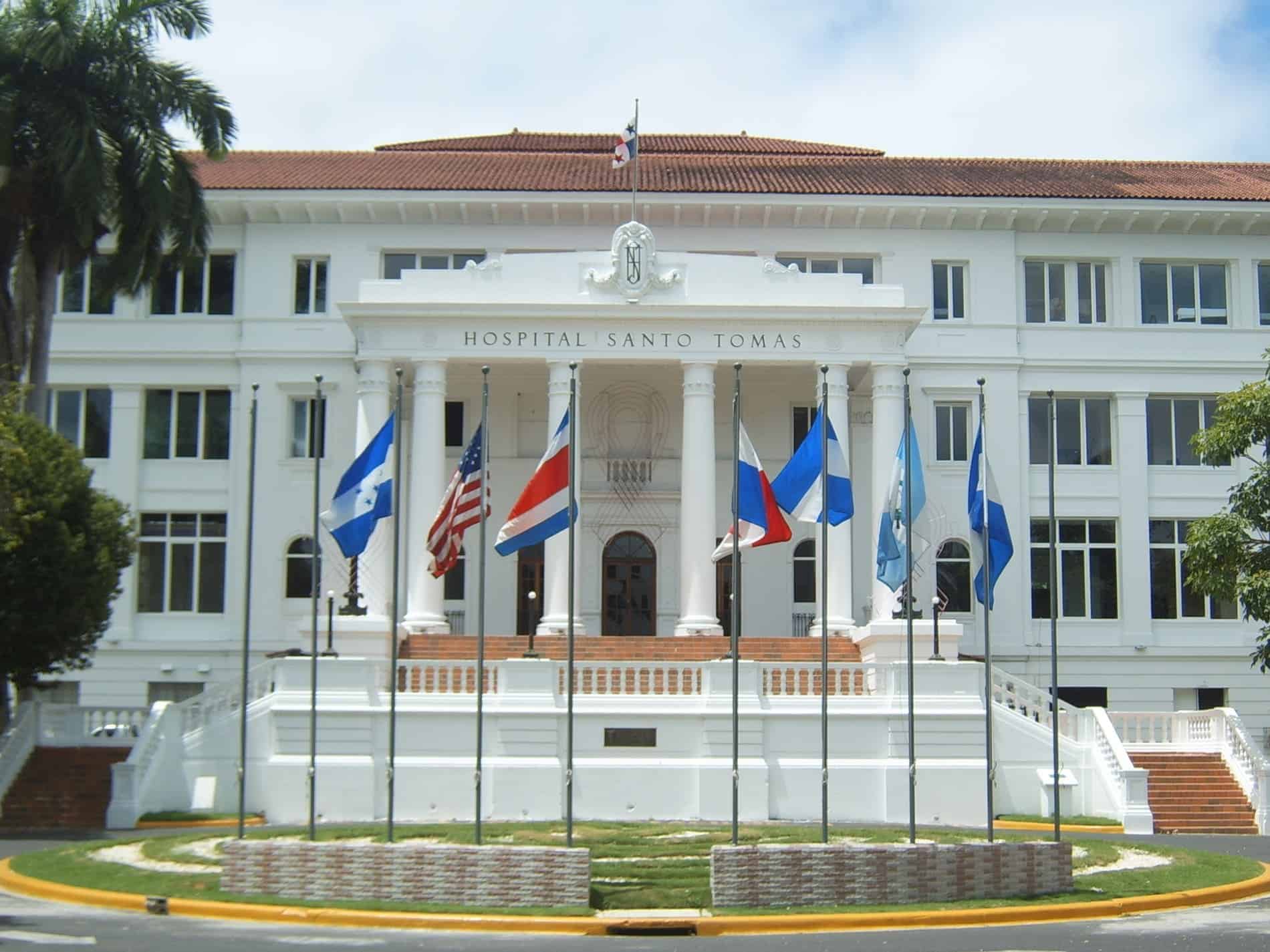
- Portugal has a top-notch healthcare system, ranking 17th in Europe. It’s not just for locals; even expats can enjoy specialized care, hospitals, primary healthcare, pharmacies, health insurance, private healthcare, emergency services, and wellness programs. What stands out are the easy access, affordable medicines, and the choice of private healthcare and insurance. In 2020, people in Portugal lived in average six months longer on average compared to the rest of the EU.
Choosing the Right Real Estate Path: Panama vs. Portugal
Panama is a great choice for foreigners looking to invest in real estate. Panama’s real estate market is booming and attracting buyers from around the world. One special thing about Panama is that you can find properties with ocean views on both the Pacific and Atlantic coasts. The government also offers perks to foreign investors, like property tax breaks and residency programs, which make it appealing for expats and retirees. However, there are some potential problems to be aware of, such as scams, disputes over properties, and complex land ownership rules like Right of Possession. So, while Panama has many advantages for real estate investment, it’s important to be cautious and work with a trusted partner.
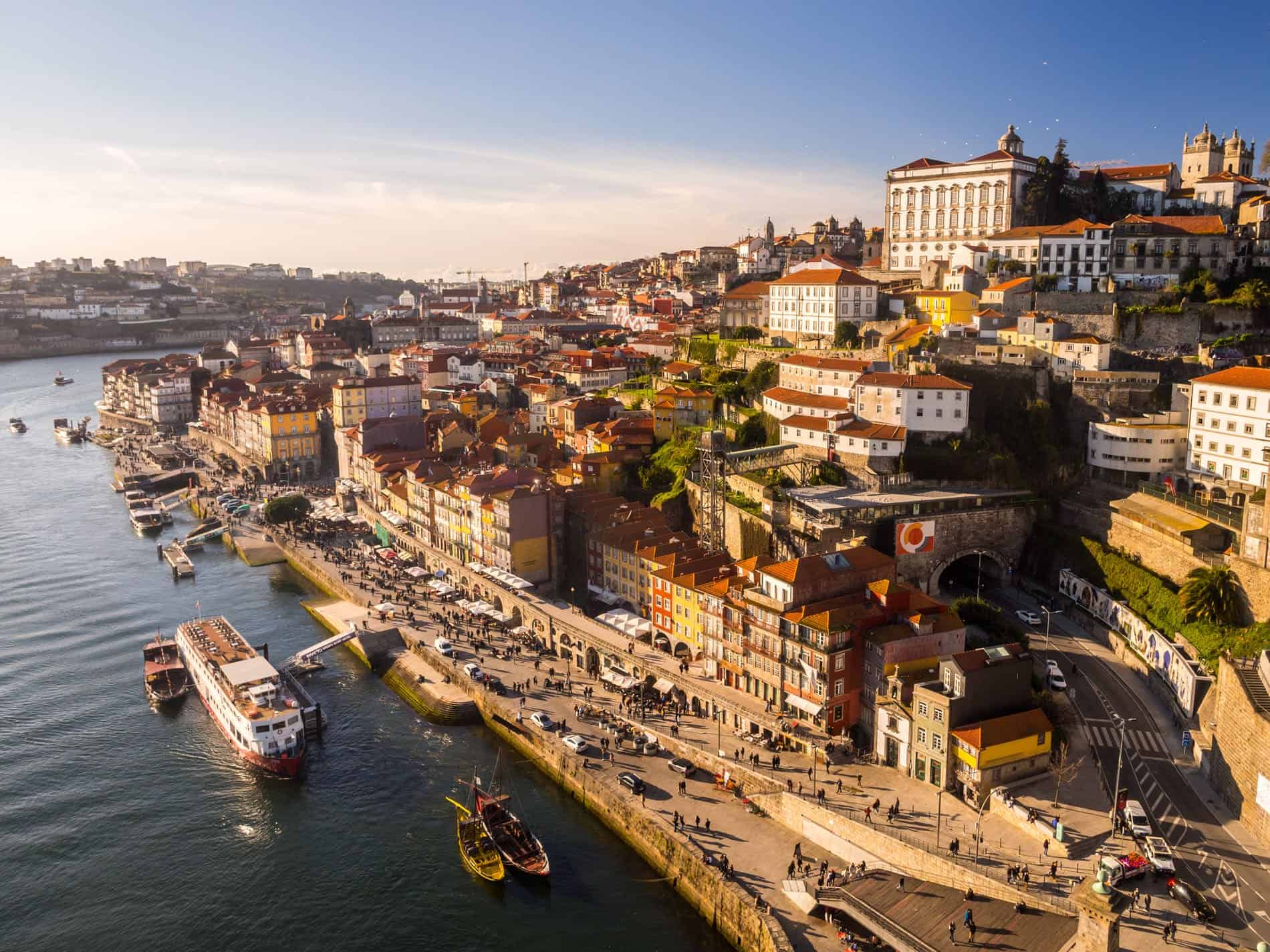
Portugal is also a great place for expats to invest in real estate. One big advantage is that property prices are lower compared to many other European countries, so you can find something within your budget, whether it’s an apartment in Lisbon or a villa in the Algarve. Portugal also has friendly tax rules for property owners, which makes it even more appealing. Plus, property values have been steadily increasing, making it a good choice for building wealth through real estate.
Navigating Residency and Citizenship: Panama vs. Portugal
Panama
Panama has a strong economy that relies on services. They have a program where wealthy people from around the world can invest in Panama and become residents. This investment can help Panama grow, and in return, investors can become residents in either 30 days or four to six months, depending on their investment choice. After five years, they might even be able to become citizens of Panama. So, it’s a way for global investors to be part of Panama’s development and gain residency and investment opportunities.
Benefits of a Panamanian Golden Visa
- You get the right to live, work, and study in Panama.
- You can access markets in Central, South, and North America.
- Your residence applies to your spouse, children under 18, single full-time student children aged 18-25, children with disabilities of any age, and parents of any age.
- Panama is home to the Panama Canal, which is strategically important for trade in motor vehicles, products, grains, petroleum, and coal.
- Panama’s location near Colombia, Ecuador, and Venezuela provides better business opportunities with these countries.

Panama Golden Visa Requirements
To obtain residency status, individuals are presented with an enticing array of three distinct investment avenues, each with its own unique advantages and opportunities to explore.
- Qualified Investor
Investments must be held for at least five years to maintain permanent residence status. Additional government fees for the main applicant and dependents apply. A real estate investment of USD 300,000, a stock exchange investment of USD 500,000 or a fixed-term deposit of USD 750,000 in the banking sector. - Friendly Nations
For citizens from one of Panama’s designated ‘Friendly Nations’, the Friendly Nations Visa offers several pathways for residency. You can qualify by making a real estate investment of USD 200,000, placing a fixed-term deposit of the same amount in a Panamanian bank, or securing employment with a company in Panama. - Forestry Investor
The Panama Forestry Visa provides two investment routes for residency: an investment of USD 100,000 in reforestation activities grants two years of temporary residence, with eligibility to apply for permanent residence afterwards. Alternatively, a single investment of USD 350,000 exclusively in an approved reforestation project offers immediate permanent residence.
Procedures and Time Frame of the Panama Golden Visa
- Application Submission
Completed application forms are required. Accompanied by appropriate fees and supporting documents. Details of the source of investment funds and investor’s general data must be provided. Documentation varies based on the chosen investment option, including certificates from the Panama Public Registry, National Authority of Land Ownership, Securities House, and more. - Due Diligence Checks
Initial due diligence checks precede application submission. Further due diligence checks are conducted after the initial review. This involves verifying the details provided in the application. - Processing Time
Residence application processing time is 30 days under the Qualified Investor route.
Four–six months processing time under the Friendly Nations and Forestry Investor routes. The processing time indicates the duration from submission to approval. - Permanent Residence Permits
Issued immediately under the Qualified Investor and Forestry Investor routes, subject to review by the National Immigration Service. Under the Friendly Nations route, permanent residence permits are granted after two years of holding a temporary residence permit. The immediate issuance is contingent on successful completion of due diligence checks and fulfillment of requirements.
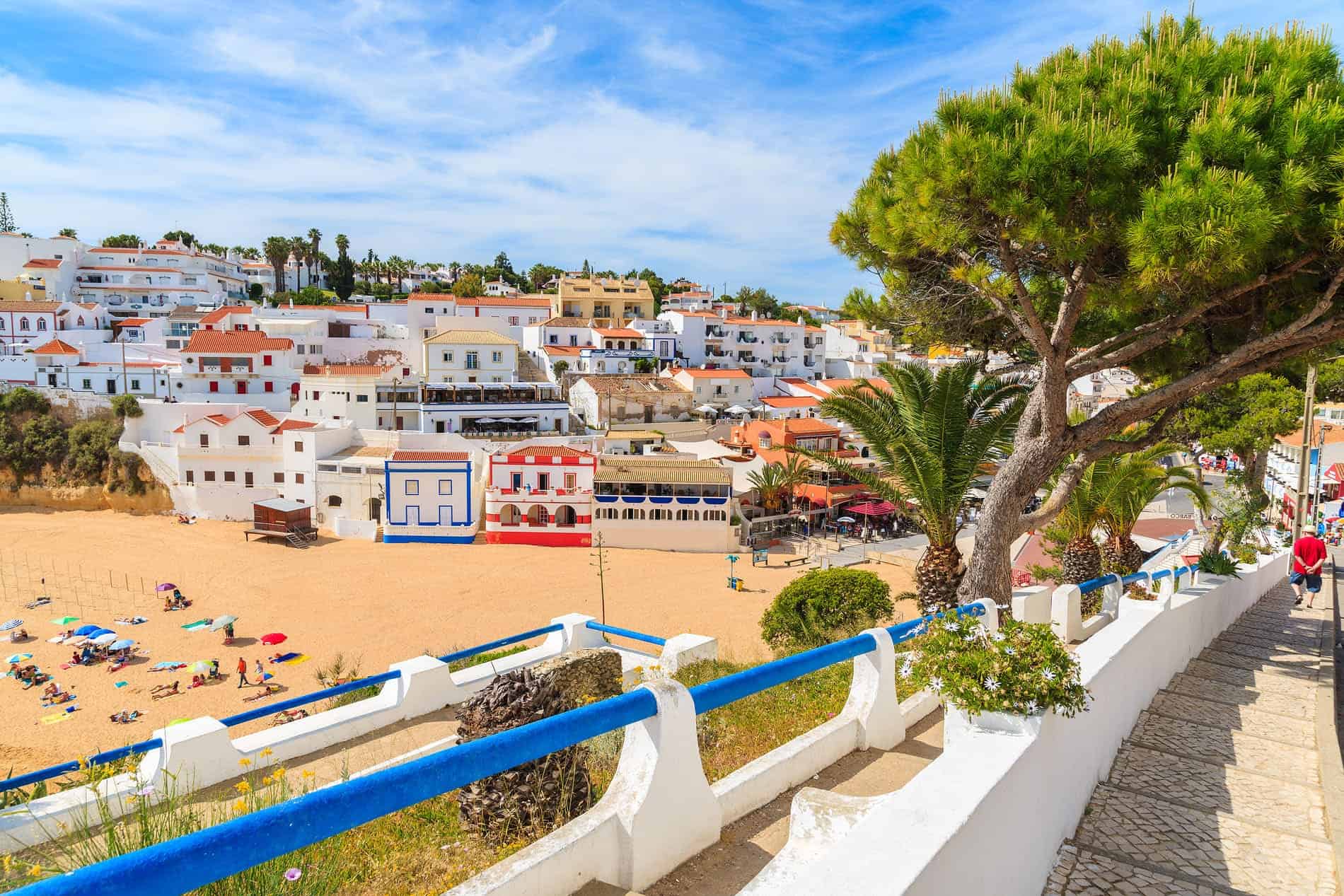
Portugal
Portugal offers an attractive Golden Visa program, designed to encourage investments from non-EU/EEA citizens. Like Panama, this program provides a pathway to residency and citizenship through investment.
Portugal Golden Visa Benefits
- Residency Rights:
The right to live, work, and study in Portugal. - Family Reunification:
Includes spouse, children under 18, and dependent family members. - Travel Freedom:
Visa-free travel within the Schengen Zone. - Investment Opportunities:
Access to a range of investment options in a stable and growing economy. - Pathway to Citizenship:
After five years of legal residency, you can apply for Portuguese citizenship.
Portugal Golden Visa Requirements
Investment options for the Portugal Golden Visa include:
- Real Estate Investment:
Minimum investment of €500,000 in real estate property. This amount can be reduced to €350,000 for properties in low-density areas or for the rehabilitation of older properties. - Capital Transfer:
A capital transfer of at least €1.5 million into Portugal. - Job Creation:
Creating at least 10 jobs in Portugal. - Investment in Research Activities:
Minimum of €350,000 in research activities in national scientific or technological institutions. - Investment in Artistic Production or National Heritage:
Minimum of €250,000 in support of artistic production or recovery/maintenance of national heritage.
Procedures and Time Frame of the Portugal Golden Visa
- Application Submission:
Completion of application forms, with necessary fees and supporting documents. Proof of investment and a clean criminal record are required. - Due Diligence Checks:
Initial checks before application submission, followed by a comprehensive review process. - Processing Time:
Generally takes about 3-6 months from submission to approval. - Permanent Residence and Citizenship:
After 5 years of maintaining the investment and meeting the minimum stay requirements (7 days in the first year, 14 days in subsequent two-year periods), applicants can apply for permanent residency or citizenship.
Staying Safe and Secure: Panama and Portugal Comparison
General Safety in Panama
Panama is known for being a safe and secure place, which is attractive to expats who live here. Unlike some other places where wealthy immigrants have settled and faced jealousy or racial hostility, Panama doesn’t have those issues. Multinational communities have been thriving here for over a century. Moreover, Panama offers opportunities, and those who work hard can achieve a lot. Panama ranks 61 out of 163 countries on the Global Peace Index, which is quite good. Many expats find Panama to be safer than their home countries. However, it’s essential to know that while many parts of the country are safe, some areas, especially the region south of Yaviza, which marks the end of the Pan-American Highway, have a reputation for violent crime like kidnappings, robberies, and murders. So, while Panama is generally safe, it’s essential to be cautious in specific regions.
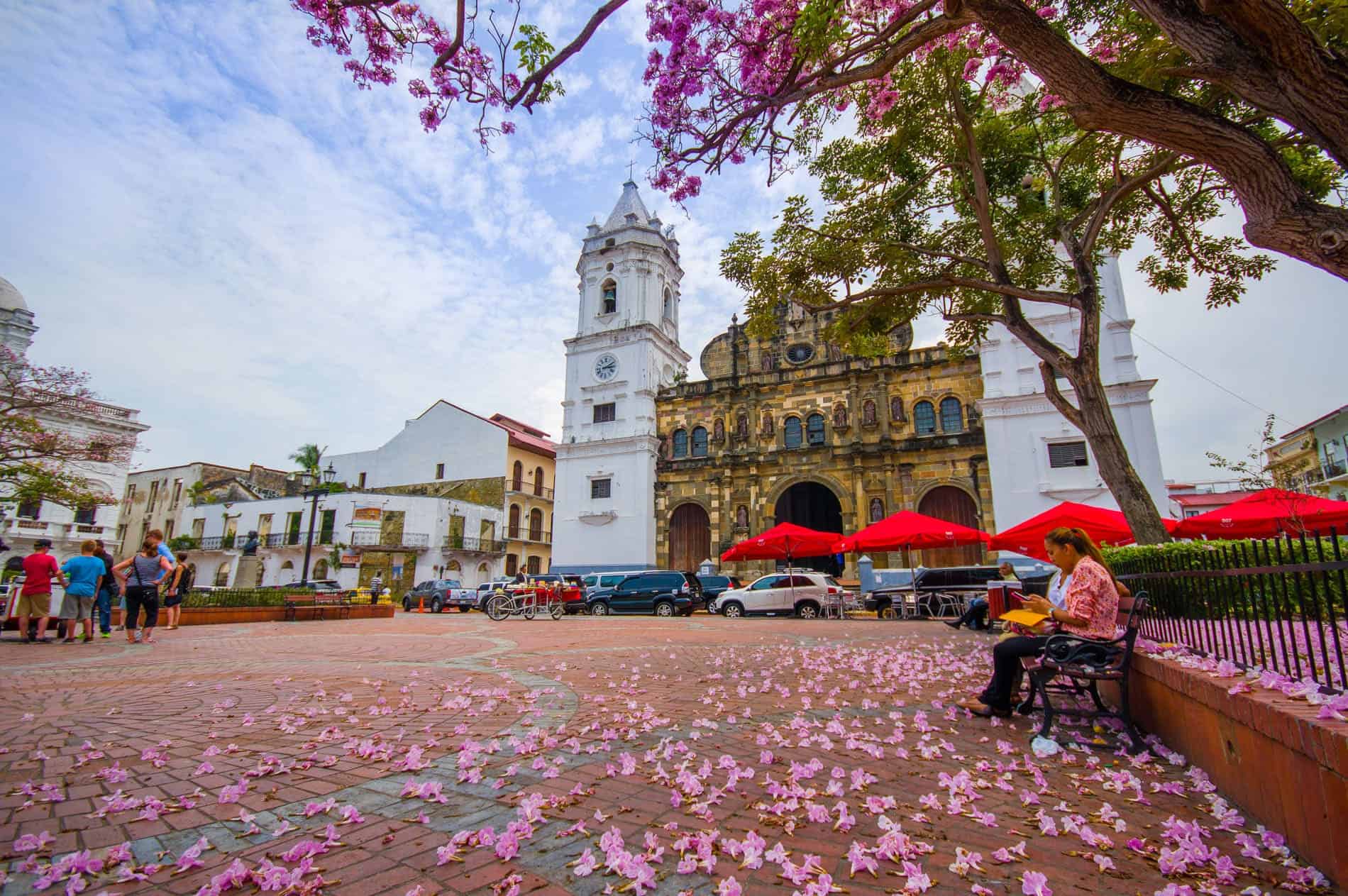
General Safety in Portugal
Portugal has an impressively low crime rate, but there are still some risks, especially in tourist areas like the Algarve and Cascais, where pickpockets and bag snatchers can be active. Occasionally, there are reports of burglaries and car thefts, but violent crimes are rare. In 2023, Portugal was ranked as the 6th safest country in the world according to the World Population Review. The latest Global Peace Index also placed Portugal as the 7th safest country globally, following Iceland, Denmark, Ireland, New Zealand, Austria, and Singapore.
Retirement Options: Exploring Panama and Portugal
Panama and Portugal are often in the news because they offer fantastic vacation spots. Many retirees and pensioners enjoy the quality of life in these beautiful countries. The secret to why Panama and Portugal are so loved lies in their beaches, climates, and warm cultures. These qualities make both countries wonderful for summer vacations. However, some argue that living in Panama and Portugal is even better than just vacationing there and can be considered a true paradise.
Expat communities in Panama
If you want a Caribbean paradise with lush tropical scenery and a short trip to the United States, Panama is the place to go. Many expats, including those from other American countries, have made Panama their home. Living in Panama can be an exciting adventure. Here are some popular places in Panama where expats choose to live.
- Panama City
Panama City, the vibrant capital of Panama, is a bustling metropolis where modern skyscrapers, casinos, and nightclubs meet colonial buildings in the Casco Viejo district. This city is a hub of international banking and commerce, with a cosmopolitan atmosphere that reflects its diverse population and rich cultural tapestry.Panama City is surrounded by natural beauty as well, with lush rainforests like the Metropolitan Natural Park offering trails and wildlife watching within the city limits. The Amador Causeway, with its stunning views of the Panama Canal and the skyline, is a favorite for walking, biking, and leisure activities.
- Coronado
Coronado is a coastal town in Panama with the Pacific Ocean nearby. It has beautiful white beaches, shopping malls, 24-hour supermarkets with familiar products, golfing, and a growing expat community. You can even consider business opportunities for an active retirement here. Life in Coronado is laidback, as it’s a resort area that even the wealthy locals enjoy.Expats say that the cost of living in Coronado is low, especially with the discounts from the Pensionado Visa. It’s a relaxed community only an hour away from Panama City. It used to be a vacation spot for locals who came here to enjoy the unique black-and-white-sand beach and swim in the Pacific Ocean.
- Boquete
Boquete, Panama is a popular spot for expats seeking a new home abroad. It’s a beautiful mountain town that provides a peaceful escape from city life, with its green mountains, pleasant weather, and relaxed atmosphere. If you’re considering living in Boquete, you can choose from various great neighborhoods. Many expats live in downtown Boquete or nearby areas like Valle Escondido or El Salto del Toro.When it comes to renting, most people can expect to pay between $500 to $800 per month, depending on whether you want a house or an apartment. Boquete is a tranquil paradise where you can leave behind the busy city life and enjoy its stunning scenery, pleasant climate, and easygoing lifestyle.
Expat Communities in Portugal
Portugal has been a beloved destination for European retirees for many years. Its charm, safety, friendly people, delicious food, and beautiful cities and landscapes have attracted retirees from countries like Britain, Ireland, Germany, and France. These retirees have found Portugal to be a wonderful place to spend their retirement. Here are some of the favorite locations where expats choose to live.
- The Algarve
The Algarve, Portugal’s southernmost region, is a prime destination for expats seeking a serene yet vibrant place to call home. Renowned for its year-round sunshine, golden beaches, and the dramatic cliffs that overlook the Atlantic Ocean, the Algarve offers a postcard-perfect setting combined with a relaxed lifestyle that’s hard to beat.Those who relocate to the Algarve are greeted with a warm, Mediterranean climate that boasts hot summers and mild winters. This climate allows for an abundance of outdoor activities, from golfing on world-class courses to exploring hidden coves and engaging in a variety of water sports.
- Aveiro
Aveiro is a popular destination for expats seeking a coastal city in Central Portugal. It’s often called the “Portuguese Venice” because it has colorful canals, boats, and houses, with the Ria de Aveiro as its main attraction. While it might not be the first city that comes to mind when moving to Portugal, it’s an excellent choice for expats looking to settle down.Aveiro is in the central part of Portugal, starting the Silver Coast. It’s perfect for expats who want a smaller city with an active town center, lots to see and do, good healthcare, and people who speak English. It’s actually one of the top cities for expats seeking a peaceful yet lively place to retire.
- Porto
Expats are moving to Porto for a variety of reasons. Firstly, the city is known for its rich history, stunning architecture, and lively culture, making it an appealing destination for those who want to experience the best of Portugal. Porto is also relatively affordable compared to other European capitals, with lower living costs and reasonably priced housing.Porto has a thriving food and wine scene, with many traditional restaurants and local wineries offering a taste of the region’s famous cuisine. Additionally, the city is a hub for business and entrepreneurship, with numerous successful startups and innovative companies based there. For expat families residing in Porto, there are several international schools that provide education in English and follow recognized curriculums, making it a suitable choice for those with children.
Pros and Cons Summary
Pros and Cons of living in Panama
Panama is a popular retirement choice due to its modern infrastructure, closeness to the U.S., stunning landscapes, and mild weather. The Pensionado program adds to its appeal by offering special benefits to expats with pensions from North America and other places. However, like anywhere else, Panama has its pros and cons for retirees to consider.
Pros of living in Panama
- Panama is Safe for Expats to Live In
Panama, like any place, has some petty theft, but if you use common sense and take normal precautions, you should be safe. - Panama Uses the U.S. Dollar
Panama’s dollarized economy makes living and doing business here simple. U.S. credit cards often don’t have extra fees for purchases, ATMs are convenient, and buying property is straightforward. - Affordable Cost of Living
In Panama, you can enjoy a high quality of life without spending as much as in many other countries. - High-Quality Healthcare
Panama City has excellent medical facilities with well-trained doctors in various fields of medicine. In more remote areas, there are local clinics, and doctors from Panama City often visit these hospitals. - Has Modern Infrastructure
Panama has reliable internet and cell phone service throughout the country. In most areas, you can safely drink tap water from your kitchen faucet.
Cons of living in Panama
- The language barrier
The primary language spoken in Panama is Spanish, similar to the rest of Latin America. While English is commonly spoken in bigger cities, it may be challenging to communicate in smaller towns and rural areas. Learning Spanish is therefore a good idea for everyone thinking about moving to Panama. - The Mañana principle
In Spanish, “mañana” means tomorrow. However, when someone refers to something getting done “mañana,” it doesn’t always mean the very next day. Be prepared that some things are just going slower in Panama than in other countries.
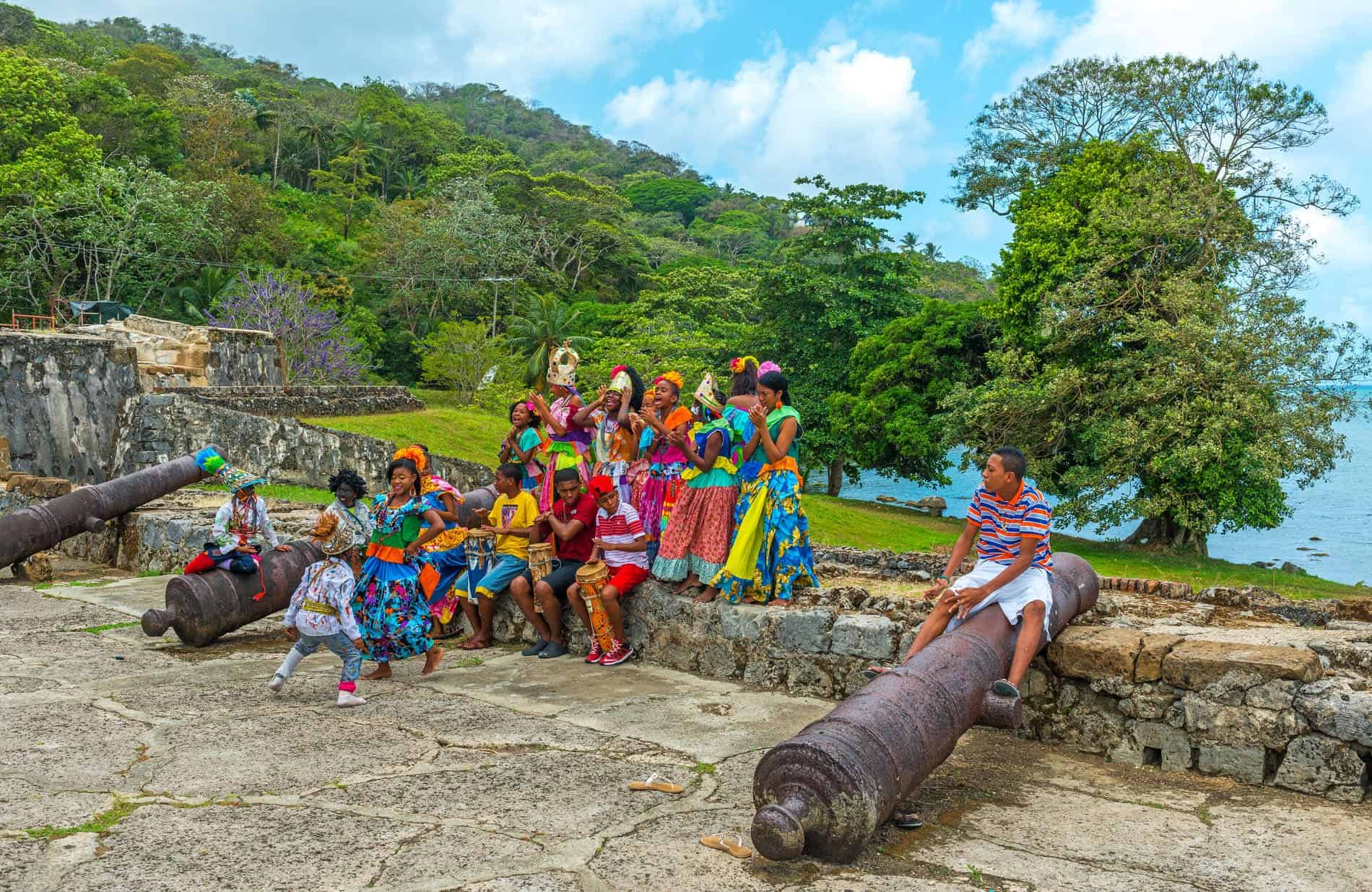
Pros and Cons of living in Portugal
Living in Portugal has become a popular choice for expats and travelers looking for a new life abroad. The country’s architecture dates back to the 1500s and 1800s, and its national dishes include grilled sardines and salted cod. There are many reasons to love Portugal, here are some of the pros and cons of living in Portugal.
Pros of living in Portugal
- Affordable Cost of Living
Compared to many other European countries, Portugal has a lower cost of living, which includes lower housing prices, utility costs, and transportation expenses. - Friendly And Welcoming People
Portuguese people are generally warm and hospitable, which makes it easy for newcomers to feel at home and become part of local communities. - Residency and Visa Options
Expats often use the popular Golden Visa program, which enables non-EU citizens to obtain residency through investment in the country.
Cons of living in Portugal
- Language Barrier
While English is commonly spoken in tourist areas, it may be challenging to communicate in smaller towns and rural areas. Learning Portuguese will be essential for handling daily tasks and becoming a part of the local community. - Bureaucracy
Portugal is recognized for its bureaucratic procedures, which can be frustrating for both residents and foreigners. Acquiring residency, setting up a business, and interacting with government offices can all be time-consuming and involve extensive paperwork. - Cards Payment Acceptance
Cash is the preferred payment method in Portugal, and many businesses, especially smaller ones, may only accept cash payments. This can be inconvenient for those accustomed to using cards for all transactions.

Conclusion
When deciding where to settle down, whether it’s Panama with its warm welcome and cost-effective lifestyle, or Portugal with its rich culture and scenic beauty, it’s a difficult decision. Each place has its unique allure, and the final decision should align with what feels most like home to you. It’s not just about the allure of palm trees or the charm of historic castles, but about where you feel your heart belongs.
Take the time to thoroughly explore both options. Research, ask questions, and if possible, visit each place to get a real feel for them. Your ideal expat destination is one that not only appeals to you on paper but resonates with your aspirations and lifestyle preferences. Make your choice with confidence, knowing it’s the start of an exciting new chapter in your life.

